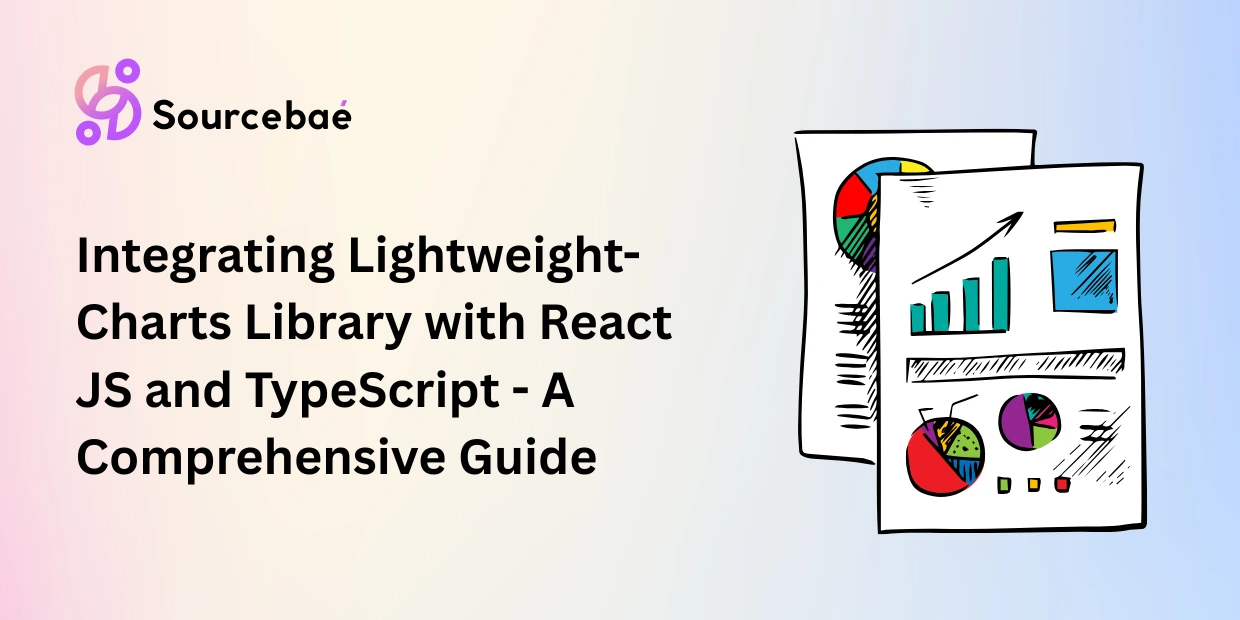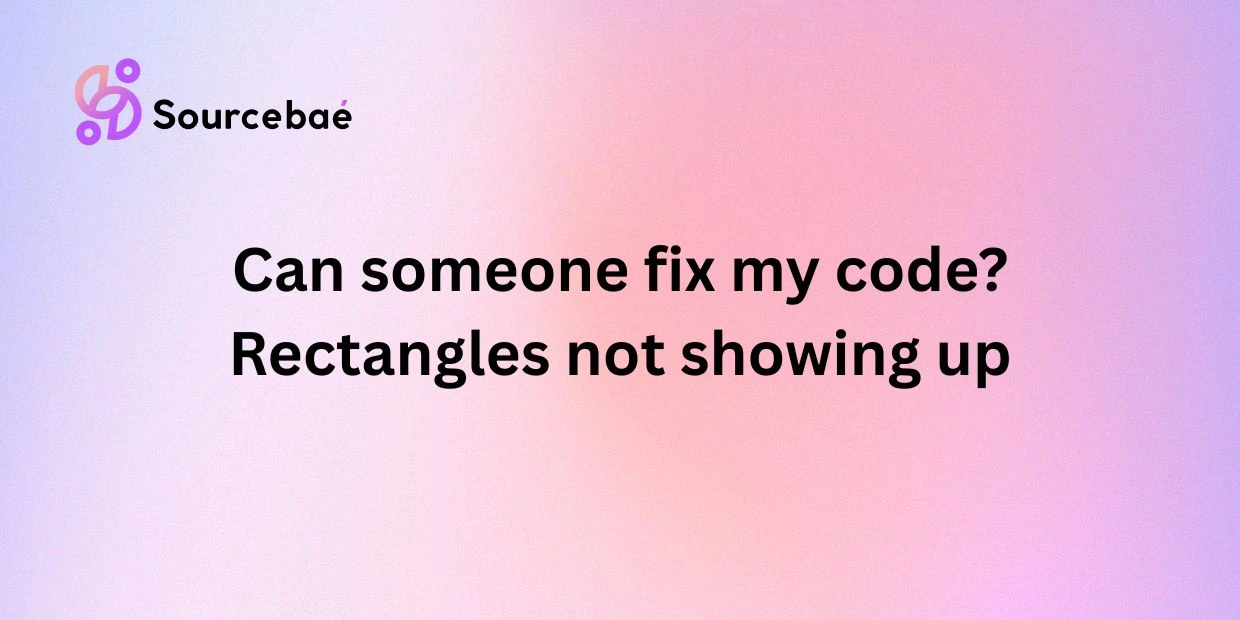A React developer is a software developer who specializes in using the React library, which is a popular JavaScript library for building user interfaces. React is widely used for developing single-page applications (SPAs) and mobile applications, and it is maintained by Facebook and a large community of developers.
The role of a React developer involves a range of tasks, including designing, developing, and maintaining web applications and user interfaces using React and its ecosystem.
Here’s a detailed breakdown of the responsibilities and skills of a React developer:
- Understanding React: A React developer should have a strong understanding of the React library and its core concepts. This includes understanding components, state, props, JSX (a syntax extension for JavaScript), and the virtual DOM (a lightweight representation of the actual DOM).
- UI Development: React is primarily used for building user interfaces. A React developer should have expertise in creating UI components using React. This involves writing reusable and modular code that encapsulates the functionality and appearance of specific parts of the user interface.
- Component-Based Development: React promotes a component-based architecture, where the UI is divided into reusable and independent components. A React developer should be skilled in designing and developing these components, making them modular and easily maintainable.
- State Management: React allows developers to manage the state of components and the application. A React developer should be familiar with different state management solutions, such as React’s built-in state management, React hooks, and third-party libraries like Redux or MobX.
- Integrating with APIs: React applications often interact with backend APIs to fetch data and update the user interface accordingly. A React developer should have knowledge of working with RESTful APIs or GraphQL to handle data requests and responses.
- Routing and Navigation: React applications often require routing and navigation between different pages or views. A React developer should be able to implement routing and navigation using libraries like React Router or Reach Router.
- Testing: A React developer should be proficient in writing unit tests and integration tests to ensure the reliability and correctness of the application. Popular testing frameworks for React applications include Jest, Enzyme, and React Testing Library.
- Debugging and Performance Optimization: React developers should be skilled in debugging and optimizing React applications. They should have a good understanding of tools like React Developer Tools and browser developer tools to identify and fix performance issues and optimize the application’s rendering process.
- Collaboration and Version Control: React developers often work in teams and collaborate with designers, backend developers, and other stakeholders. They should be familiar with version control systems like Git and understand how to work efficiently in a collaborative development environment.
- Stay Up-to-Date: The field of web development, including React, is constantly evolving. A React developer should stay updated with the latest advancements, best practices, and new features introduced in React and its ecosystem. They should actively participate in the React community by following blogs, attending conferences, and contributing to open-source projects.
In addition to these core responsibilities, a React developer may also work on tasks such as styling user interfaces using CSS-in-JS libraries like Styled Components or CSS modules, integrating third-party libraries or UI frameworks with React, and optimizing the application for accessibility and internationalization.
To become a React developer, one needs a strong foundation in JavaScript, HTML, and CSS. It’s also beneficial to have knowledge of modern JavaScript features (ES6+) and be familiar with JavaScript build tools like Webpack or Babel. Learning React’s ecosystem, including popular libraries and tools like Redux, React Router, and Next.js, can greatly enhance a React developer’s skill set.
Conclusion:
Overall, a React developer plays a crucial role in building dynamic and interactive user interfaces for web and mobile applications. They leverage the power of React and its ecosystem to create efficient, modular, and maintainable code, delivering high-quality user experiences.






